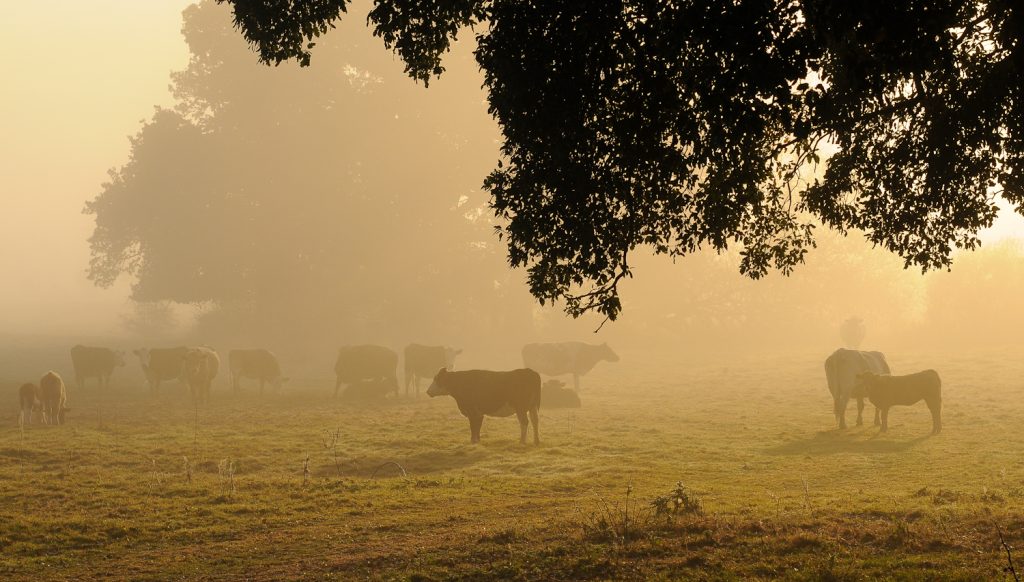As the Agriculture Bill passes through the various stages of Parliament we now have a better idea of the potential shape of the UK’s post Brexit agricultural policy. Despite a lack of specific details there are various items in the Bill that do offer a clear direction of policy, enabling farmers and landowners to start planning accordingly.
Perhaps the biggest change is the proposal to phase out direct payments over seven years from 2021 and remove the link to the area of land farmed. The Bill already recognises that the value of payments received during the transition period “will be less than received now and will be reduced further as payments are phased out”.
Taking the place of BPS will be the Environmental Land Management Scheme (ELMS) which should start from 2024. ELMS is designed to pay “public money for public goods” for outcomes like clean air, clean water, protection from flooding, sustainable use of resources, mitigating climate change and enhancing the natural environment. The ELMS is currently undergoing several pilot schemes and is likely to be very site specific in what options are available depending on local needs and targets.
What is clear is that farmers and landowners need to immediately start planning how they will deal with falling subsidy payments, whether through entering into a Countryside Stewardship Scheme or more structural business changes. Furthermore, we are likely to see other private investment opportunities such as environmental off-setting to achieve Biodiversity Net Gain from developments. Those who plan ahead will be best placed to succeed.
